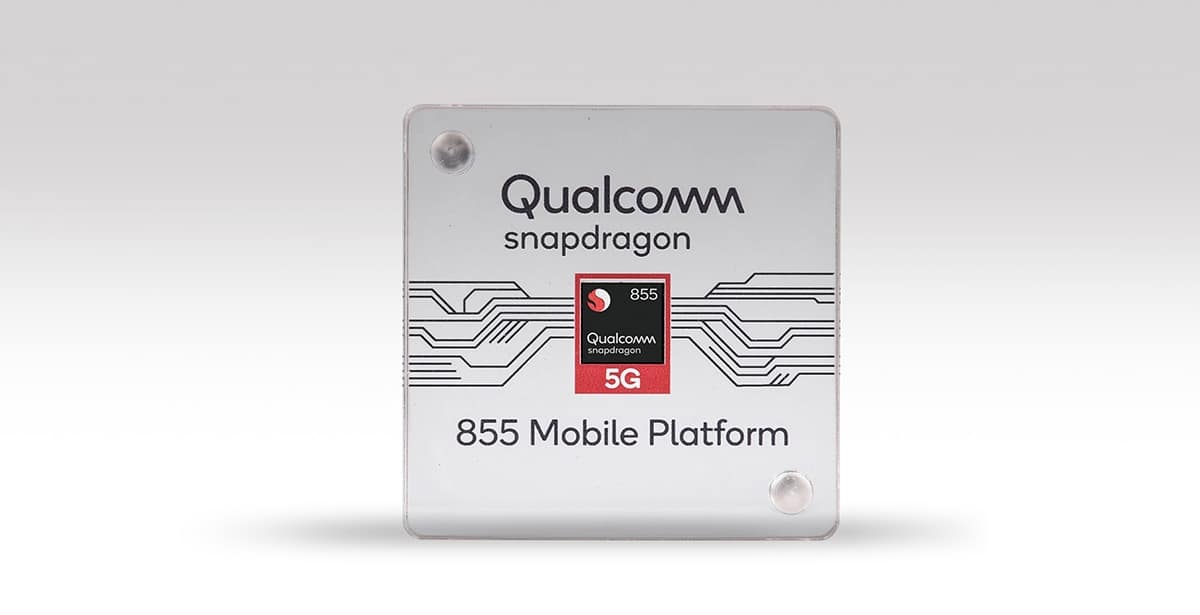Initially called as the Qualcomm Snapdragon 8150, the Qualcomm Snapdragon 855 has now been officially announced. Built on a 7nm lithography, Qualcomm’s new chipset aims to improve performance, battery, and AI performance.

A focus on more powerful AI
With most smartphones nowadays having some type of AI implementation, the Qualcomm Snapdragon 855 enhances the experience with their 4th generation multi-core Qualcomm AI Engine that promises up to three times the AI performance of previous chipsets.
Better photos and AR implementation
Another improvement on the platform is its Computer Vision ISP, which will allow the chip to process computational photography and video capture features. This includes depth mapping at 60fps for AR apps as well as better efficiency with the chip being able to process 4K HDR capture while only using 25% of power compared to previous generations.
Improvements will also be coming to bokeh effects, digitally enhanced photos, and better low-light imagery with the Qualcomm Snapdragon 855.
Qualcomm 3D Sonic Sensor
Qualcomm will also be including the Qualcomm 3D Sonic Sensor on the platform. This will allow smartphones that use the chip to have an ultrasonic fingerprint sensor below the smartphone’s display. This should allow in-display fingerprint scanners to be more common in flagship smartphones next year.
Multi-Gigabit 5G
Rollout of 5G for the public will be accelerating in the next year. Qualcomm aims to capitalize on this by implementing multi-gigabit 5G on the Qualcomm Snapdragon 855. When 5G is widespread enough, the chips multi-gigabit 5G promises to deliver enhanced video quality and audio clarity.
Qualcomm has also teased the Snapdragon Elite Gaming for the platform. There aren’t many details yet for this feature but the company is promising elevated gaming experience with the Qualcomm Snapdragon 855.
The Qualcomm Snapdragon 855, on paper, seems like a noteworthy successor to the Snapdragon 845. With its rich set of features, we can’t wait until we see the performance improvements of smartphones next year.
